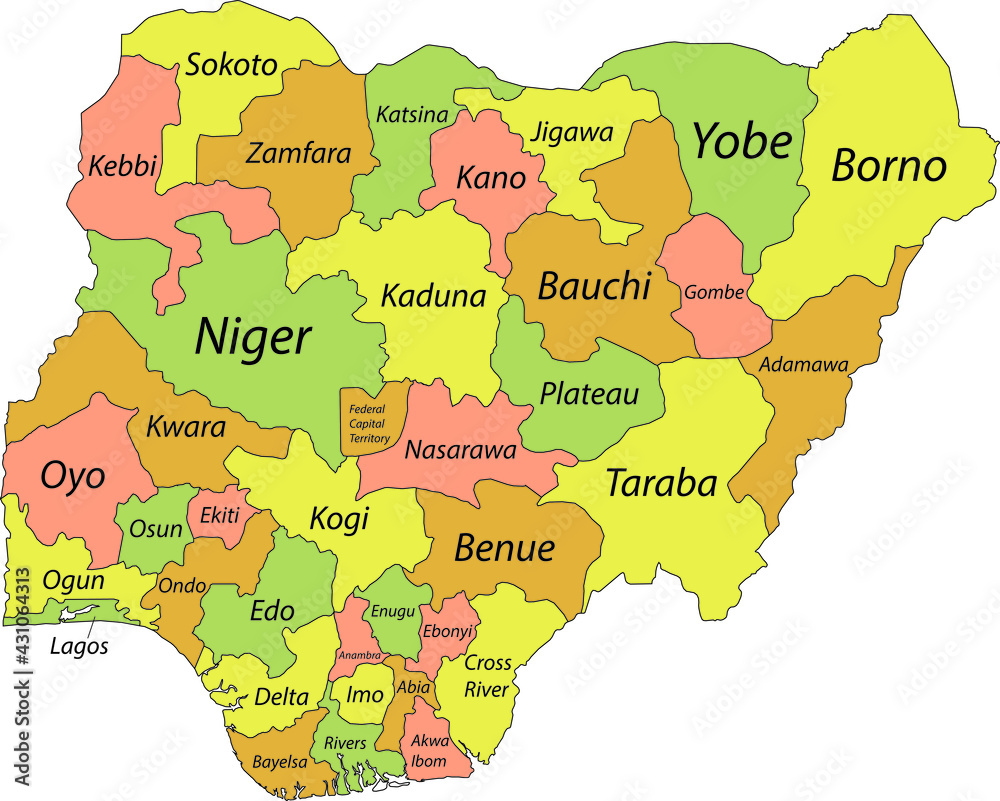VANGUARD
When we think about constitutions, we usually picture a formal, written document that outlines the legal principles and rights of a country. However, some countries have an “unwritten constitution.” These countries rely on a mix of established laws, customs, judicial decisions, and conventions instead of a single, codified document.
Here are 10 nations that use an unwritten or partially written constitution:
United Kingdom
The UK is well-known for having an unwritten constitution. Instead of a single, formal document, its constitution is based on laws, common law, and conventions, as well as key historical documents like the Magna Carta and the Bill of Rights of 1689. Parliament has a central role in the system, allowing changes to be made through new laws or reforms.
Unlike countries that had revolutions or crises that led to a written constitution, the UK never faced a moment that required one. This approach also supports flexibility, as the UK’s government structure is designed to adapt rather than follow strict rules.
Israel
Israel uses a set of basic laws passed by the Knesset (its parliament) that serve like a constitution. Rather than one codified document, these laws define government structure, citizens’ rights, and judicial procedures. Israel’s Basic Laws can be changed or added to, allowing its constitution to remain flexible and adaptable.
New Zealand
New Zealand’s constitution includes the Constitution Act 1986, the Treaty of Waitangi, common law, and various conventions. This framework provides flexibility and allows for adaptation to political and social changes over time. Judicial reviews also play a role in interpreting constitutional norms.
Saudi Arabia
Saudi Arabia’s legal system is largely based on Islamic Sharia law, which, along with royal decrees, underpins its governance. While the country has some codified laws, it does not have a formal written constitution. The Basic Law of Governance serves as a guiding document, confirming the monarchy’s role and outlining general principles of governance.
Canada
Canada has a “partially unwritten” constitution. The main documents are the Constitution Acts of 1867 and 1982. However, many conventions, especially about the roles of the prime minister and cabinet, are not written down. Canadian law also recognises historical customs, court rulings, and practices from the UK. This adds flexibility to its constitutional framework.
Oman
Like Saudi Arabia, Oman’s legal system is based on Islamic Sharia law. Oman has a Basic Statute that outlines governance and succession, but it does not have a fully codified constitution. Instead, royal decrees from the Sultan are an important part of the country’s governing framework.
San Marino
San Marino, one of the world’s smallest republics, has no single written constitution. Its governing system dates back to 1600, with unwritten customs, traditional practices, and statutes passed over centuries. The Declaration on the Citizens’ Rights acts as a reference, while customary practices dictate governance.
Kuwait
Kuwait has a national constitution that was issued in 1962. However, some aspects of its governance and law are based on unwritten traditions and practices influenced by Islamic law and monarchy. This dual system allows for flexibility, as these unwritten norms work alongside the formal constitution, especially in political processes and governance.
Libya
Libya’s legal system includes customary laws, Islamic principles, and various national laws, but it lacks a centrally written constitution. Although a draft constitution has been proposed, many laws and governance practices are still based on tradition and unwritten norms. This is especially true for local governance and tribal affiliations.
Jordan
Jordan has a written constitution, but some aspects of governance and decision-making are still influenced by unwritten customs, including tribal and royal traditions. The King holds significant powers, and certain constitutional practices are guided by tradition and unwritten rules, leading to a semi-flexible approach to governance.
THIS STORY FIRST APPEARED IN VANGUARD


